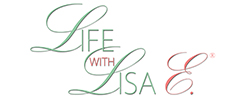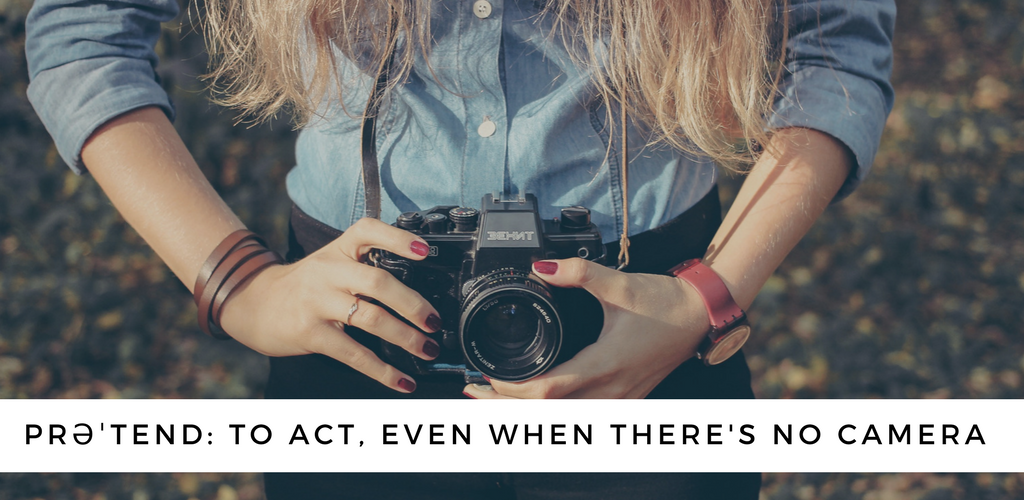I’m an expert at some things that I wish I weren’t. Like acting, even when there’s no camera.
For instance, I know how to keep my facial expression the same when someone hurts my feelings. And I know how to conduct myself around someone who broke my heart or my trust.
How did I get there? As kids, we weren’t encouraged to express our disagreement; it was considered disrespectful. So, even when I disagreed with decisions or punishments, or was disappointed with an outcome, I pretended everything was okay. As a result, at an early age I became The Great Pretender.
Remember that old song by The Platters? That was me. I took that “pretending” into all my friendships and interactions. As I grew, my “pretender” grew. I didn’t require anyone to live up to my standards or requirements for friendship; I only wanted their presence. I performed again and again. Even after learning that being in a crowd wouldn’t fill the void, I performed. And had the nerve to be surprised when it never worked!
Thankfully, I ran across a few people who weren’t interested in my award-winning performances. They wanted to know the real me and be in a mutually beneficial, open and honest relationship. And if you’re a people-pleaser like I was, there are likely some folks who want to get to the real you, too. It takes work to share authentically. Here is the first step I took to embrace the discomfort and experience transformation:
I started to acknowledge and admit each time I lied.
This is tough; but once you develop the habit, it gets easier. Need an example? In conversation, I’d exaggerate a point, or my feelings. Rather than glossing over it, I called it out. Literally. For example, say a friend didn’t come through. I was known to say: Oh, it’s okay. Because once I calmed down and nothing could be done, I preferred to let it go.
When I started acknowledging it was okay now, but I had other feelings in the moment, it went something like: I’m lying. It wasn’t okay and I talked about you really bad in my head when I realized you forgot about me. But I know in the future to remind you or have a back-up. Adding dialogue that’s not inflamed by emotions helps both parties. They got to acknowledge and/or apologize and I got to truly forgive rather than swallowing those feelings.
Over time I didn’t have to say ‘I lied,’ because I learned to calmly acknowledge my feelings in the moment. Also, I know when something is too touchy for discussion and I hold it until I can express it well. Operation No More Pretending – in full effect.
Have you learned to overcome pretending in your relationships? I’ll share another step I took next week, but I’d love to hear your thoughts in the meantime. Share in the comments!


This is a challenging topic for me. Necessary and transformative, but challenging nonetheless. I was in a relationship with a pretender, but he constantly remarked I was offensive and insensitive because of truth-telling. It was truth-telling with peaceful restraint, but still, he perceived me as hostile. The challenge for me is the balance between remaining true to myself with truth-telling partnered with peaceful restraint with groups of people who collectively choose to remain pretenders. Presently, this describes my situation at work.
When we aren’t ready for the truth, the response is typically hostile. My hostile responses back in the day manifested as envious sarcasm. Thankful for repentance and deliverance!
Thank you for this Lisa. I say it’s okay also sometimes when I’ve been let down by friends because I got over it in my mind and by the time I talked to them some time had passed. I thought I’m not trying to be petty bringing it up again. This was a good tool to help me be honest with them and the dialog that needs to happen.
Keep it up. We need you!
Hephzibah
Thanks so much, Hephzibah! So thoughtful of you to respond. Grateful you found something you can apply!